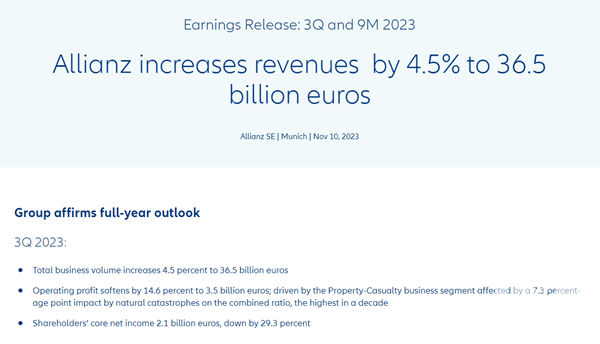Tokyo, November 10, 2023 – Japan, the world's third-largest economy, is currently navigating a complex economic landscape, characterized by a significant current account surplus alongside concerns over the effectiveness of its massive economic stimulus plan.

In a surprising economic twist, Japan reported its largest current account surplus in 18 months this September, as per the Finance Ministry. The surplus of 2.72 trillion yen ($18.03 billion) is primarily attributed to robust gains from overseas investments. This development comes as a silver lining for an economy beleaguered by high energy costs and a persistently weak yen.
However, this positive indicator contrasts starkly with the broader economic challenges Japan faces. The country's position as an export powerhouse has diminished in recent years, partly due to a shift of production overseas. Moreover, Japan's heavy reliance on imports for fuel and raw materials exacerbates its vulnerability to global market fluctuations.
Simultaneously, the Japanese government has rolled out an ambitious economic stimulus package, exceeding 17 trillion yen ($113 billion), aiming to combat domestic inflation and other economic woes. This plan, including tax cuts and subsidies for low-income families, is one of the most substantial in recent history. However, analysts express skepticism about its long-term efficacy.
Critics argue that the stimulus focuses more on short-term social welfare rather than addressing the structural issues hindering economic growth. This skepticism is compounded by Japan's struggle with stagnant wage and investment growth over the past three decades, alongside rising inflation. The Consumer Price Index (CPI) has been exceeding the Bank of Japan's 2% target for 18 consecutive months, signaling persistent inflationary pressures.
The Japanese government anticipates that the new plan will boost annual economic growth by approximately 1.2%. However, economists are wary, with estimates of the plan's impact on Japan's real GDP growth ranging from 0.8% to 1.19%, significantly lower than the government's projection.
The contrasting views on Japan's economic trajectory highlight a critical juncture. On one hand, the country boasts a strong current account surplus, reflecting its formidable global investment prowess. On the other, domestic challenges like weak consumer spending, negative wage growth, and the effectiveness of its economic stimulus plan paint a more complex picture.
As Japan gears up to address these challenges, the world watches closely. The outcome of these economic strategies will not only shape Japan's future but also have significant implications for global economic dynamics.




Copyright © 2023.Yooke studio All rights reserved.
PKWEEKLY NEWS











